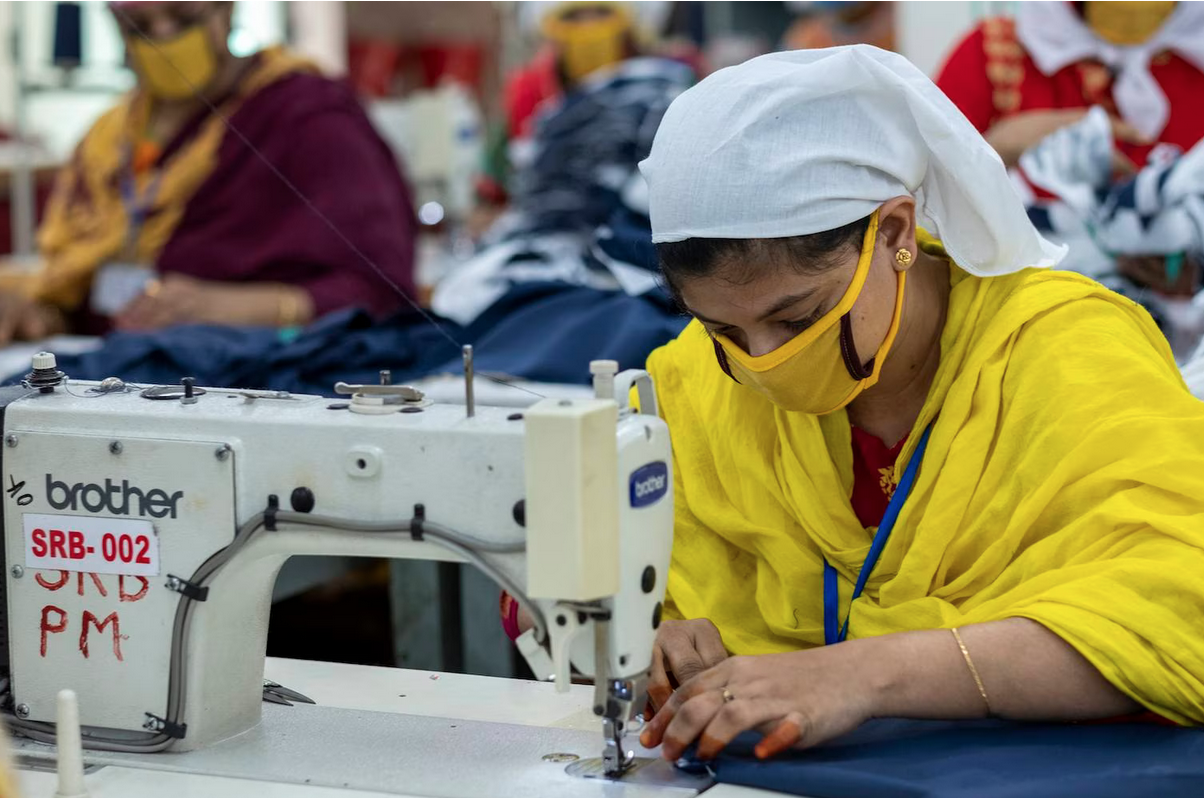
The fashion industry is facing a greenwashing reckoning, ratcheting up the pressure on brands to go public with information to back up their sustainability claims. They have a long way to go. In fact, many companies are still failing to disclose the “bare minimum,” according to this year’s Fashion Transparency Index.
The annual report from labour rights advocacy group Fashion Revolution assesses public disclosures on human rights and environmental issues from 250 of the world’s largest brands. Companies are scored out of a possible 250 points, which are then converted to percentages.
The average score in this year’s report was 26 points out of 100, up just 2 points from a year ago.
Gucci and Italian mass market retailer OVS were the best-performing brands — and the first two companies to score 80 points or higher in the seven-year history of the report.
But even the top-scoring brands in the Index still lack disclosure on important topics relating to labour rights, gender and racial equality, production and waste volumes, deforestation and pollution, the report found.
Nearly a third of the companies assessed scored 10 points or less and 18 companies scored nothing at all, including Chinese sportswear brand Anta, Rihanna’s lingerie label Savage X Fenty and Tom Ford.
“The unimpressive progress here is worrisome in the face of deepening social inequality, environmental destruction and various incoming legislations,” said Fashion Revolution policy and research manager Liv Simpliciano. “Even 100 percent transparency is only the starting point and it seems many major fashion brands have yet to even show up to the race.”
To be sure, growing regulatory pressure is prompting progress in some areas. For instance, policy moves led by the EU are pushing more companies to provide information on social and environmental due diligence efforts, the report found. Nearly 70 percent of brands are disclosing how they manage human rights risks and nearly 50 percent are doing the same for environmental risks, according to the FTI.
On the other hand, information on the impact of brands’ efforts is much more scarce. “[Without transparency] we will not be able to understand where malpractice happens or how to ameliorate the supply chain and the lives of the people who make our clothes,” Fashion Revolution co-founder Orsola de Castro said in a video. “We are still stuck at level one.”
One area where companies remain particularly tight-lipped is the subject of overproduction, despite growing regulatory pressure to tackle the growing piles of clothing waste mounting up in landfills around the world. Nearly 90 percent of brands examined by the FTI still do not disclose annual production volumes, the report found. Policy proposals that might force companies to provide more information about volumes of unsold and discarded inventory have raised objections from the industry, which claims such data is “highly sensitive.”
“Mounting evidence of overproduction remains the big elephant in the room,” Fashion Revolution said in a press release. “Brands absolutely know how much they are producing; what business can survive without this information? The continued lack of transparency begs the question, what’s being hidden?”
Read more – BOF
Access to the Report
